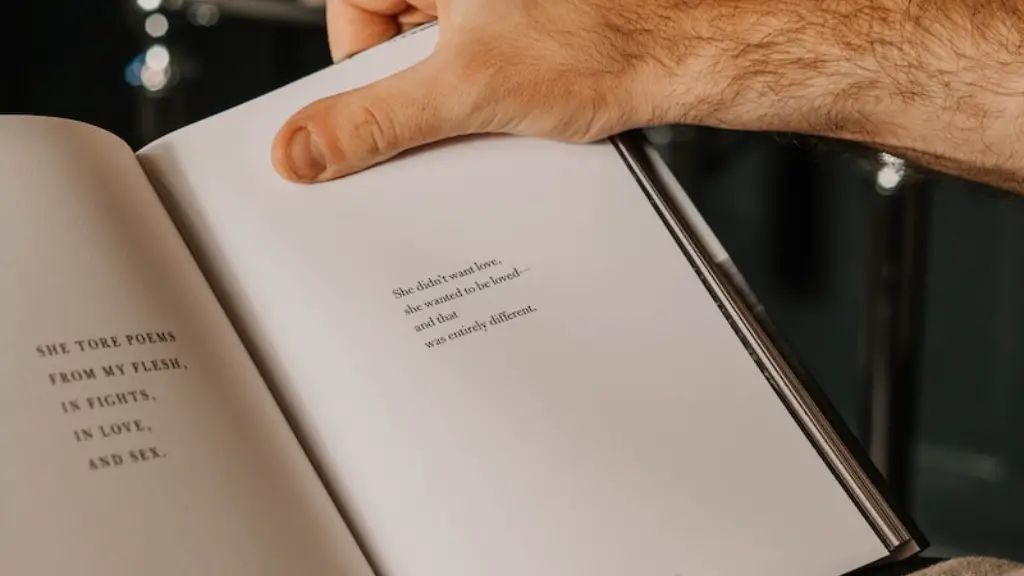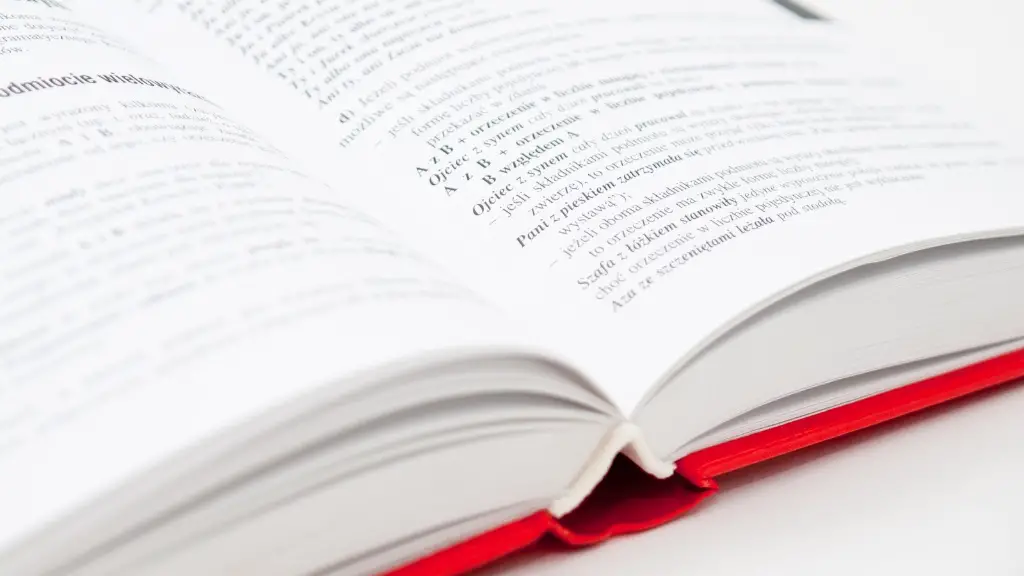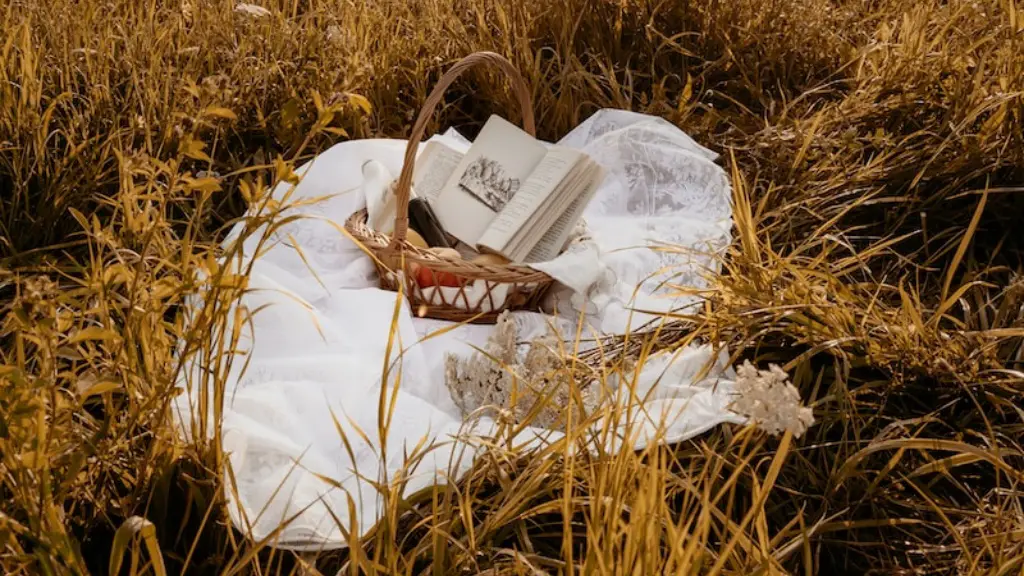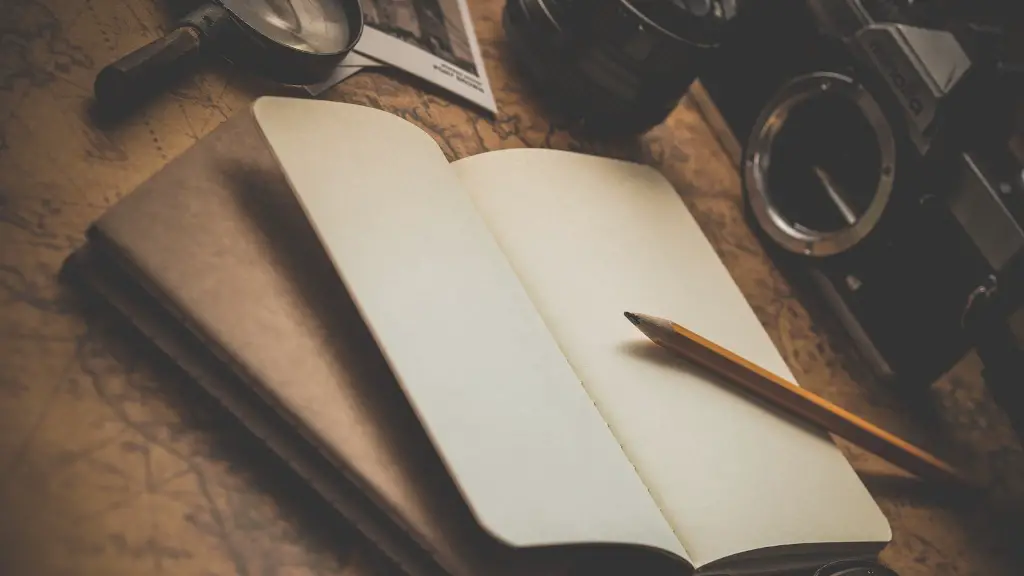When was Poetry Most Popular?
Poetry has been an art form since time immemorial. What separates it from most other forms of literature is its ability to express complex emotions and feelings in a concise, creative and often beautiful way. It is this power of expression that makes poetry so popular, no matter what period of history it is discussing.
The exact history of poetry is unclear, but it can be traced back to ancient Greek and Mesopotamian cultures. Epic poems from Homer and Hesiod were some of the earliest examples of poetry in Western literature, and the works of these two poets laid the groundwork for later writers. By the Middle Ages, poetry was being written in almost every culture, including that of ancient Rome, India, and China.
The Middle Ages also saw an increase in the popularity of poetry. This was due to the emergence of new poetic forms, such as the lyric, which allowed poets to express emotions in a more direct way. Poetry also served as a way to create a shared literary culture among the different cultures in the region during this period. The patronage of major writers, such as Dante and Petrarch, also helped to boost the popularity of poetry during this time.
The most popular period for poetry, however, came during the Renaissance. This period saw a massive surge in literary production as writers challenged the traditional conventions of writing and began to experiment with new forms and styles. Poets such as Edmund Spenser and John Donne were particularly influential during this period. They were able to combine the traditional elements of poetry with new ideas, such as the use of metaphor and allegory, to give poetry more power and resonance.
The 17th and 18th centuries also saw a rise in popularity for poetry. This period was marked by a renewed interest in the classical world, and writers such as Alexander Pope and John Dryden wrote in a classical style. At the same time, the period also saw the emergence of Romanticism, which emphasized emotion and imagination as well as the power of nature. Poets such as William Blake and William Wordsworth made the romantic style popular during this period.
In modern times, the popularity of poetry has fluctuated. Poetic styles have changed dramatically, with the rise of free verse in the 1800s and the modernist experiments of the early 20th century. However, poetry remains a popular form of literature, with many poets being widely read and discussed. The internet has also enabled new forms of poetic expression, such as spoken word, to reach a wider audience.
Poetry in Everyday Life
Poetry is not just something that is read in books. It is also used in everyday life, either in the form of a lyric, a quote, a calming mantra or even a catchy slogan. It is a great way to put a point across in a concise and beautiful way. Poets today are using their talents to spread messages of acceptance and peace as well as to capture the beauty of nature.
Poetry also provides a way for people to connect with their emotions. Whether it be through reading a poem or writing one, it can be a powerful form of self-expression. For this reason, poetry has become an important tool in dealing with depression and anxiety. Even the most difficult of emotions can be processed and articulated through the written word.
Poetry is also important in connecting people across cultures and generations. Historical texts and oral traditions are kept alive in the form of poetry, while contemporary poets bring their own perspectives and values to the world. In this way, poetry serves as a bridge between people, cultures, and times.
Finally, poetry is a great way to entertain. It can be funny, sad, romantic, or thoughtful and can be read by people of all ages and backgrounds. Through the use of rhyme and imagery, poetry can explore the depths of the human condition and bring people together in a unique way.
Modern Poetry
Modern poetry is varied, exciting, and eclectic. There is no single style or form that defines it, and poets are free to experiment and explore the boundaries of their craft. This has created a vibrant artistic landscape that is constantly evolving.
With the rise of the internet, modern poetry has developed a whole new range of expressions and forms. From online open mics to online video performances, poets can reach a wider audience than ever before. Poetry slams, which are competitive readings of original work, are also popular, and many poets have turned to multimedia such as video and audio to explore their work in different ways.
Social media has also had a major impact on modern poetry, with many poets taking advantage of the platform to promote their work and interact with their readers. From popular hashtags to online poetry readings, poets have found new ways to engage with their fans.
The rise of self-publishing has also allowed poets to gain control over the publication of their work. Instead of going through a publisher, many poets now prefer to publish their books independently or through small presses. This has opened up the art form to a much wider audience and allowed poets to reach readers all over the world.
Overall, poetry has remained popular throughout history, and the last few decades have seen an explosion of creativity and experimentation. It is easy to find new and exciting work, no matter what your tastes may be. As long as there are people with something to express, poetry will remain an important part of the literary landscape.
The Impact of Poetry
Poetry is influential in many more ways than simply providing a source of entertainment. It has the power to bring about real change in people’s lives and in our society as a whole.
The power of poetry to inspire lies in its ability to create a shared experience. Writers can use their own experiences to connect with their readers and open up a dialogue about difficult issues. Poetry can be a form of protest, challenging unjust social norms and power structures. It can also be used to heal, offering solace and understanding in times of grief or difficulty.
Poetry can also be used to foster empathy, providing readers with an understanding of different perspectives and life experiences. Through poetry, writers can share their stories and build bridges of communication between different people and communities.
On a larger scale, poetry can have an impact on the political and cultural landscape. Poets have the power to reach large audiences and can mobilize people to take action on issues they care about. Poets such as Maya Angelou and Langston Hughes used their work to bring about real change in their communities and to challenge injustice.
Overall, poetry has a powerful and lasting impact on our world. From ancient epics to modern social media posts, poetry has the ability to inspire, motivate, and bring people together. In times of tumult and chaos, it can offer solace and hope. It can be a powerful tool for creating a better future.
The Benefits of Poetry
Poetry can be a form of self-care, providing a way for people to express their emotions in a creative and healthy way. Through poetry, we can find catharsis and make connections with others. It provides a way to explore our innermost feelings and gain a deeper understanding of ourselves.
It can also have a positive impact on our health, both mental and physical. Reading and writing poetry has been found to reduce stress, improve memory, and increase happiness. Studies have also shown that poetry can help people to cope with chronic pain and illness or to get through traumatic experiences.
In addition to the mental and physical benefits, the act of reading or writing poetry can help to cultivate important skills in communication, organization, and creativity. These skills can be useful in many areas of life and can help to build confidence and self-esteem.
Finally, poetry can be a powerful form of bonding and connection for people. Whether it be through reading a poem together or writing one, poetry can be a way to bring people closer and to form new relationships. It can create a sense of community and foster empathy among people from diverse backgrounds and cultures.
Conclusion
Poetry is an art form that has been loved and celebrated throughout history. From ancient epics to modern spoken word performances, poetry has the power to captivate and move people. It can provide solace in difficult times and can also be used as a powerful tool for social change. It is no wonder that it remains popular even today.





